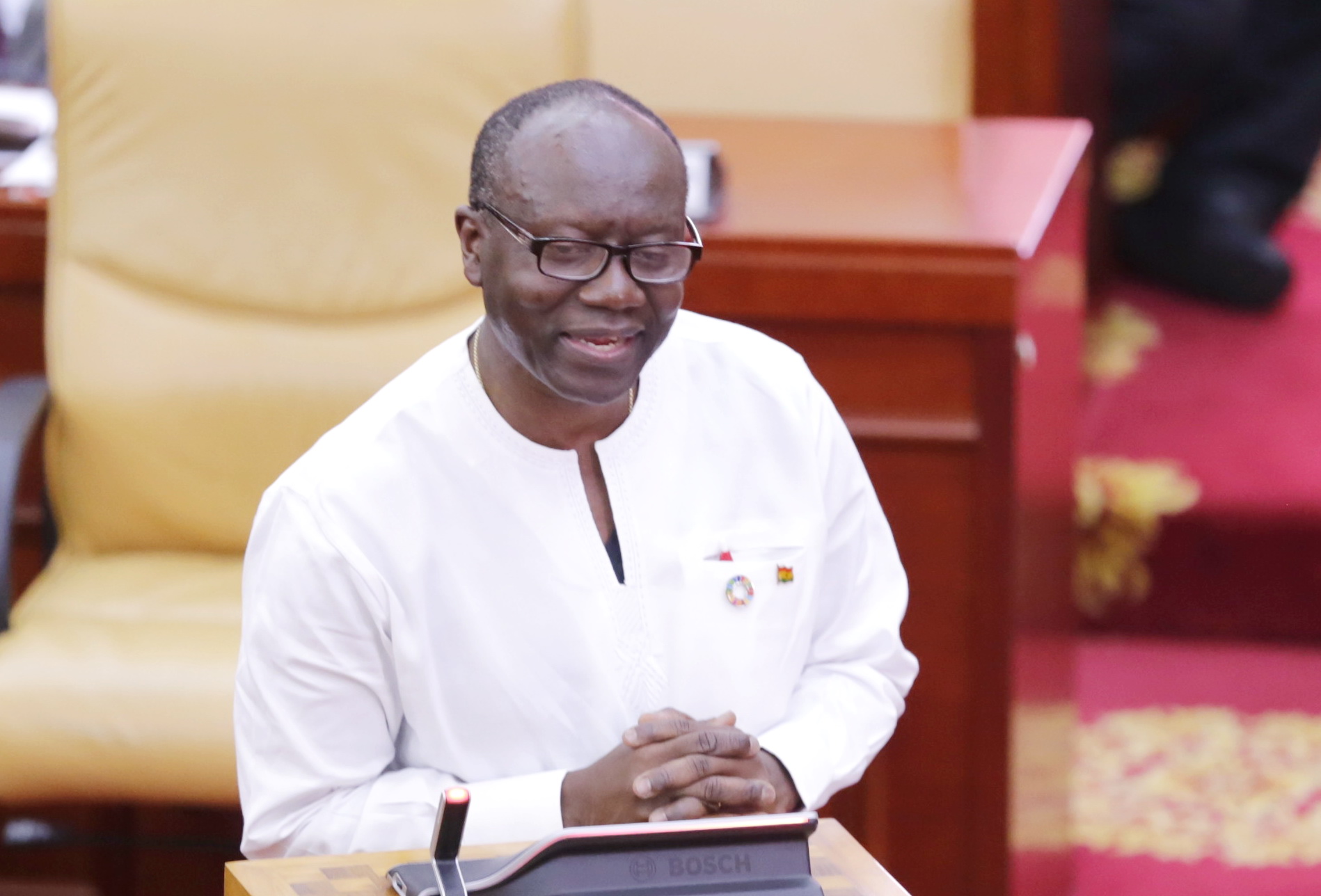
Govt to inject GH¢100bn to rescue economy
The government has set in motion a programme to salvage the economy from the impact of the COVID-19 pandemic.
Known as the Ghana COVID-19 Alleviation and Revitalisation of Enterprises Support (CARES) Programme, the historic initiative aims to inject a minimum of GH¢100 billion into the economy in the next three years to help protect lives, revive businesses, stimulate economic growth and narrow the fiscal deficit from more than 11 per cent of gross domestic product (GDP) to around five per cent of GDP.
The estimated cost of the policy intervention is the biggest of its kind in the nation’s history and comes after the pandemic had wreaked havoc on the economy, resulting in a fiscal cost estimated at GH¢25.3 billion.
Drastic measures
Presenting the Mid-Year Budget Review to Parliament yesterday, the Minister of Finance, Mr Ken Ofori-Atta, said the ruin from the pandemic required that drastic measures be taken to save lives, stabilise the economy and revive it.
Consequently, Mr Ofori-Atta said, the government had decided to suspend the fiscal rules introduced in 2018 to help encourage fiscal discipline.
He said the suspension was necessary to enable increased public spending to mitigate the impact of the pandemic.
He added that the current developments showed that the rule that required that the deficit should not exceed five per cent of GDP and the primary balance to be positive “are neither feasible nor attainable targets in this emergency period of the COVID-19 pandemic”.
“The scale of the damage and macroeconomic distortions caused by the pandemic is unprecedented in our country’s history,” he said, noting that it could take about five years for normalcy to return to the economy.
National survival
The Finance Minister said the programme would seek to stabilise the economy before reviving it.
Of the amount estimated to be used to fund the programme, the minister said GH¢70 billion would be raised from the private sector, while the remainder would be sourced from the government.
From free utilities through sufficient food production to enhanced business performance, he told a boisterous group of Members of Parliament (MPs) that the CARES programme was about national survival and security, “just like our response to the COVID-19 pandemic itself”.
Ultimate objective
Mr Ofori-Atta, who was in his signature all-white Kaftan dress, stated that the initiative would ultimately reestablish an economy that all Ghanaians would be proud of and a Ghana that would serve as a regional hub to its neighbours.
He said it would achieve this by leveraging the Africa Continental Free Trade Area (AfCFTA) and the country’s privileged position as the headquarters of its secretariat.
“The specific aims are to make Ghana a regional financial hub by establishing an International Financial Services Centre (IFSC), as well as a regional manufacturing and logistics hub for the West Africa region by strengthening the capacities of the Ghana Investment Promotion Centre (GIPC) and the Ghana Free Zones Authority (GFZA), as well as overhauling the institutional framework for investment promotion.”
Execution
In spite of the promising nature of the programme, the Finance Minister said its execution was crucial as “a plan is only as good as its implementation; it is not enough just to raise the money”.
“So, for the CARES Programme, execution, execution, and execution, will have to be the watchwords,” he added.
“Therefore, we need to approach it as such, with a resolute focus on implementation.
“We will have to pursue a “Whole-of-Government” approach, and in close collaboration with our private sector and other stakeholders, and with their support as well.
“And we will make sure they happen,” he stressed.
New targets
Earlier, Mr Ofori-Atta had stated that the fiscal cost of the pandemic was enormous, with revenue and expenditure targets thrown out of the gear.
As a result of the pandemic, Mr Ofori-Atta said the government would now have to spend more than it originally requested and collect less revenue than previously programmed.
Consequently, he said, the gap between revenues and expenditures, measured by fiscal deficit, would widen to GH¢44.1 billion.
The amount is equivalent to 11.4 per cent of GDP.